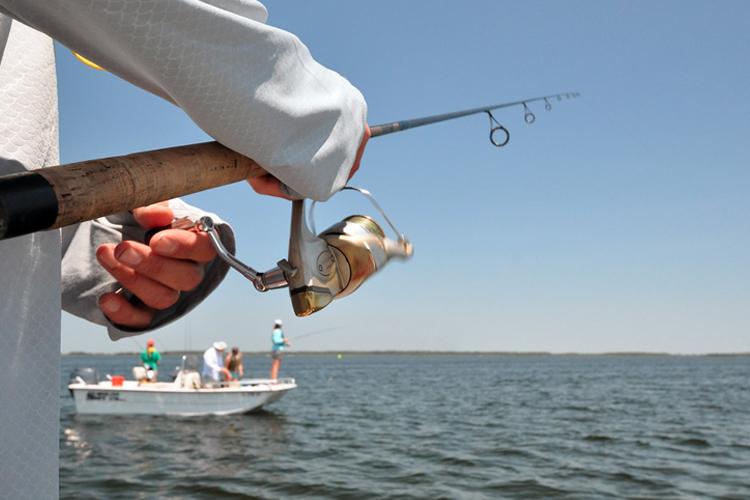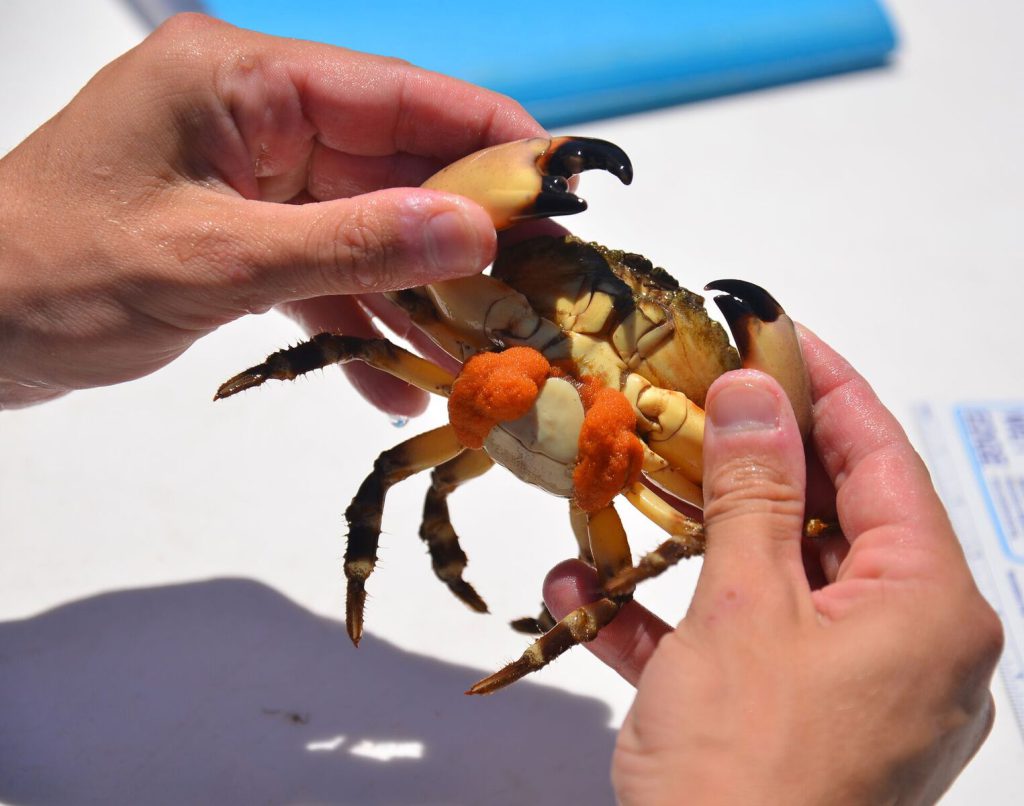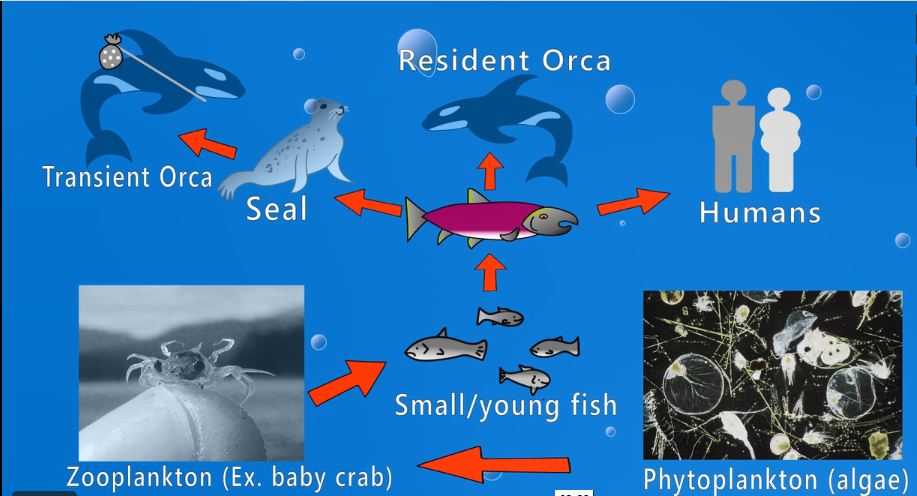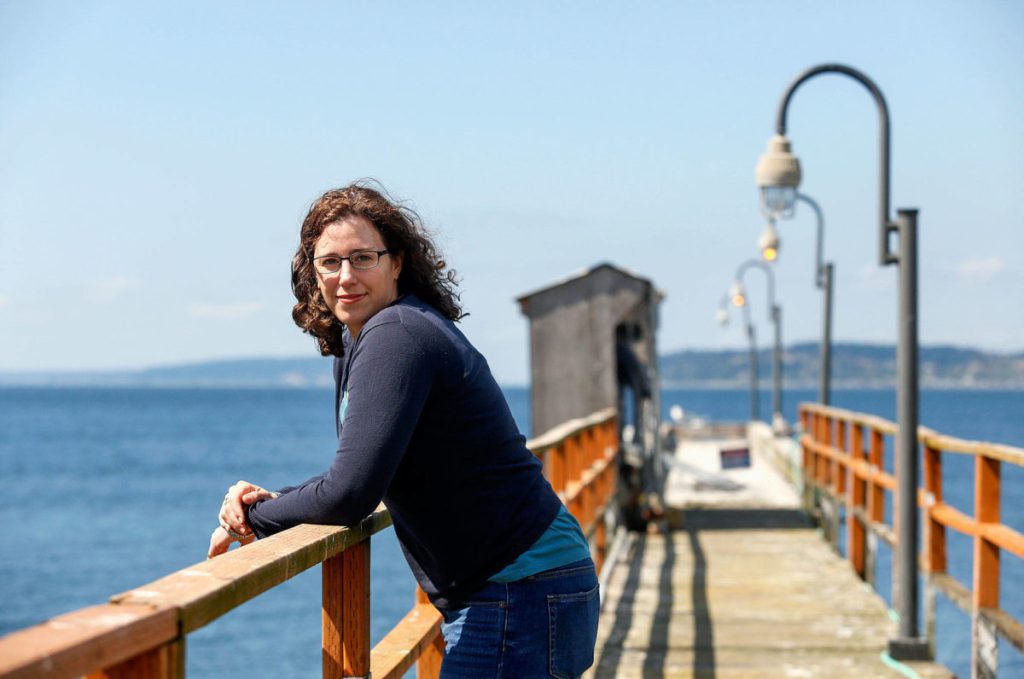Assessing Vulnerability to a Changing Ocean: Investigating impact and option for adaptation
In certain areas of the US, marine resources and the communities that depend on them are particularly vulnerable to the impacts of ocean and coastal acidification along with other ocean changes. The NOAA Ocean Acidification Program recently awarded funding for three regional vulnerability assessment projects in the Chesapeake Bay, Northeast US and US West Coast. The projects bring together oceanographic, fisheries and aquaculture data and social science to assess vulnerability of dependent communities and industries, anticipate challenges they may face, and explore adaptations options.






